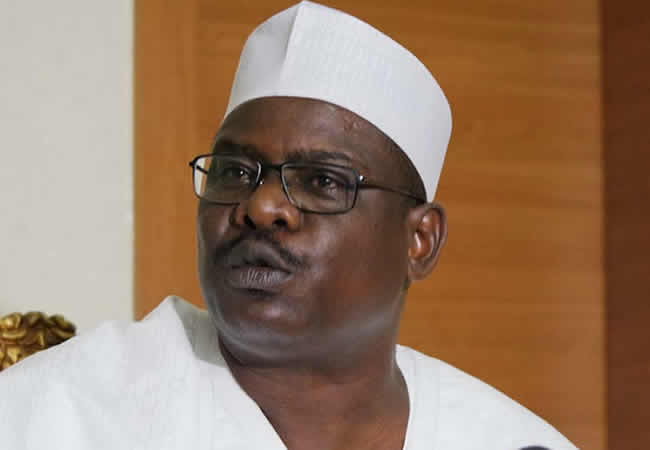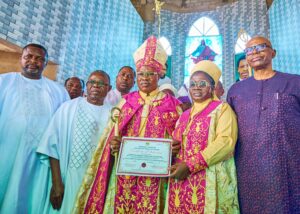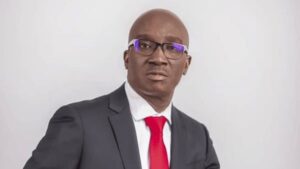Senator Ndume demands withdrawal of Tax Reform Bills for broader consultation
Former Senate Leader Mohammed Ali Ndume has called for the withdrawal of the Tax Reform Bills currently before the Senate, advocating for more comprehensive consultations and necessary adjustments.
Speaking in Abuja, Ndume stressed the importance of involving key stakeholders, including state and local governments and the private sector, in discussions about the bills.
He refuted claims that the reforms disproportionately target northern Nigeria, stating, “The current tax reforms impact all low- and middle-income Nigerians, not just the North.”
Ndume criticized the timing of the bills, arguing that pushing them forward amid the current economic hardships would exacerbate the struggles faced by ordinary Nigerians.
He urged prudence in managing public resources and suggested that the Federal Inland Revenue Service (FIRS) focus on expanding the tax base while enhancing accountability and transparency.
Additionally, he called on the Central Bank of Nigeria (CBN) to scrutinize commercial banks, emphasizing that banks making substantial profits annually should contribute more in taxes.
The proposed Tax Reform Bills include the establishment of a Joint Revenue Board, a Tax Appeal Tribunal, and an Office of the Tax Ombudsman, forming part of President Bola Tinubu’s broader tax reform agenda.
However, Ndume expressed concerns over issues such as the timing of the reforms, questions around revenue derivation, and the lack of consensus from Nigerians.
Rejecting the notion that northerners oppose reform, Ndume highlighted the need for prioritization and inclusivity.
“Reforms must be well-timed, inclusive, and reflective of democratic principles.
Governance reforms should come first, as a significant portion of the budget is consumed by personnel costs, debt servicing, and recurrent expenditures,” he noted.
He also dismissed claims of northern dependency, asserting, “The North has always been an asset to Nigeria, not a liability.”
Ndume called for a holistic approach to governance reform, emphasizing the need to address inefficiencies across all levels of government.
(AFRIPOST)














Post Comment